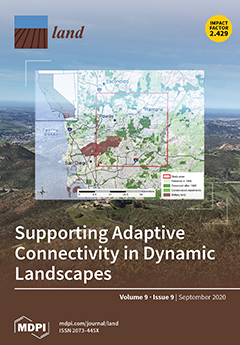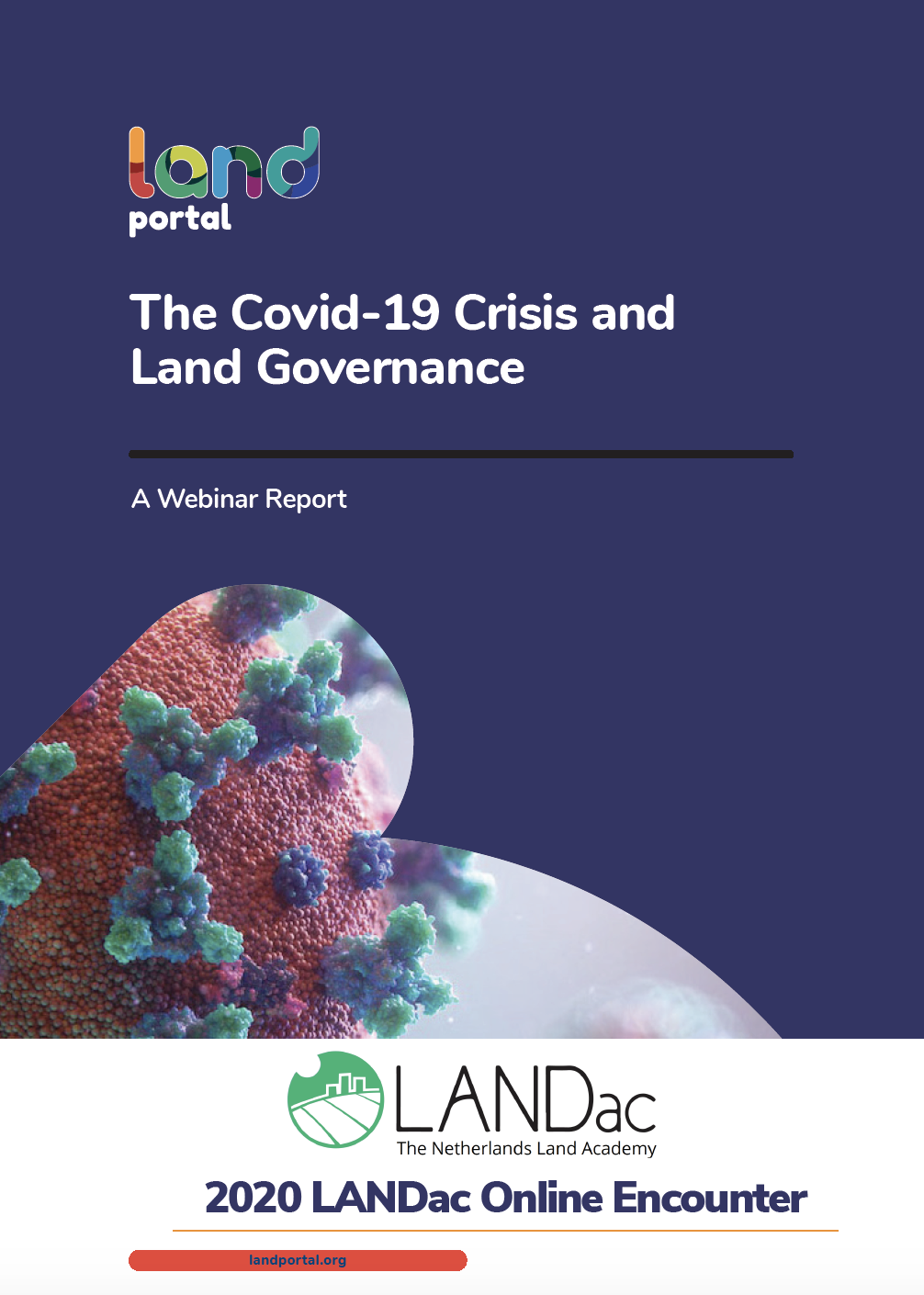Integrating Ecosystem Services and Disservices in Valuing Smallholder Livestock and Poultry Production in Three Villages in South Africa
This study presents an integrated examination of both the ecosystem services (ES) and ecosystem disservices (EDS) associated with smallholder animal husbandry in rural livelihoods in three villages in southeast South Africa. It recognises the contribution of ES supporting and resulting from smallholder livestock and poultry production, but also details the limiting factors or EDS, such as tick-borne disease, birds of prey or unpalatable rangeland, produced by the same system.








